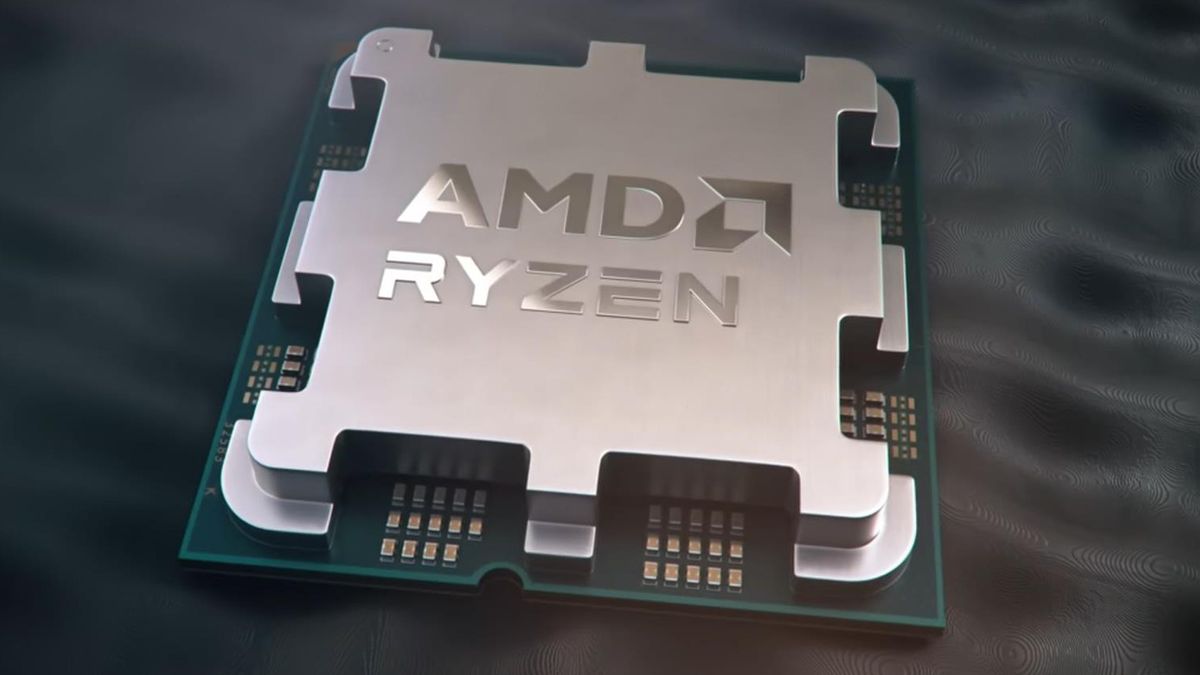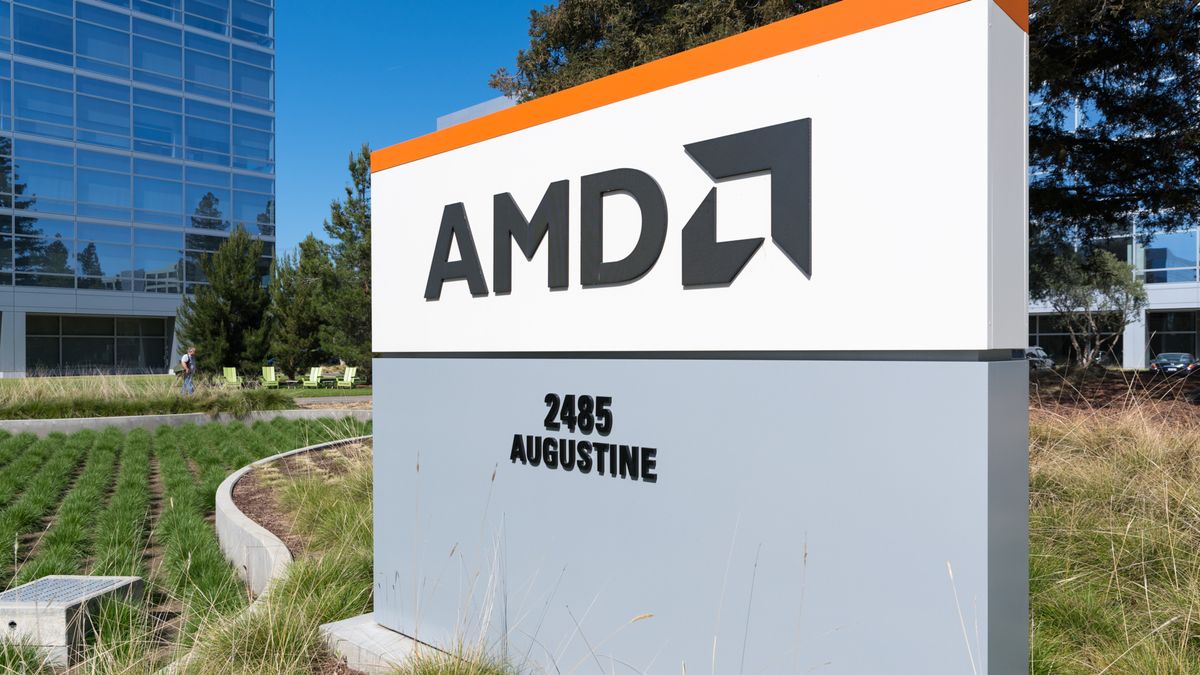New GSMA reports highlight Kenya's leadership in digitalization and introduce the 'Digital Africa Index' to drive inclusive digital growth across the continent.
22North Dakota October 2024, Nairobi: The latest GSMA report, Driving the digital transformation of the economy in Kenyaprojects that Kenya's digital economy will contribute KSH 662 billion to GDP by 2028. This growth, driven by strategic policy reforms, will accelerate digitalization in critical sectors such as agriculture, manufacturing, transport and trade. In addition to these developments, the report foresees the creation of 300,000 new jobs and an increase in tax revenue of KSH 150 billion.
Kenya has firmly positioned itself as a leader in mobile financial services and digital innovation. The Government of Kenya has recognized digitalization as a cornerstone of its economic strategy, and the Kenya Vision 2030 and the Bottom-up Economic Transformation Agenda (BETA) underline the integration of digital technologies in key sectors as essential to driving growth. The GSMA study outlines the economic benefits of expanding digital adoption and provides a roadmap to maximize these benefits through targeted policy actions.
To maintain its economic momentum, diversify the economy, boost productivity and create high-quality jobs (especially for young and rural populations), Kenya is focusing on digitalization as a key driver of economic growth, government revenue and socio-economic development. .
Introducing the GSMA Digital Africa Index
In addition to the report on Kenya's digital economy, the GSMA has launched the Digital Africa Index (DAI) – a comprehensive tool that assesses digital adoption and usage in Africa. The DAI is designed to help policymakers identify areas of improvement to accelerate digital transformation. With Kenya among the best performing countries in Africa, the index highlights the importance of progressive policies and regulatory frameworks, which have facilitated Kenya's leadership in mobile broadband adoption and innovation.
The Digital Africa Index further reinforces the growth potential in Africa, with Kenya scoring above 50, along with some other African nations. The DAI and support. Digital Policy and Regulatory Index (DPRI) help identify policy bottlenecks and provide benchmarks for countries looking to boost their digital economies.
Boost economic growth through digitalization
The GSMA report on Kenya's digital economy highlights the transformative potential of digitalization in key sectors that account for 58% of Kenya's GDP. The adoption of digital technologies in agriculture, manufacturing, transportation and commerce is expected to contribute significantly to GDP, create hundreds of thousands of jobs and generate substantial tax revenues by 2028.
In 2023, the mobile ecosystem contributed KSH 1.2 trillion to Kenya's GDP and KSH 212 billion in government revenue. However, the GSMA notes that significant gaps remain and addressing them will require bold policy initiatives to stimulate demand, reduce supply costs and encourage investments in mobile money services, telecommunications infrastructure and digital services.
Closing the Internet Usage Gap and Expanding Inclusion
Kenya has made significant progress in expanding mobile network coverage: 99% of the population is covered by 3G and 98% by 4G. However, currently only 33.5% of the population uses mobile Internet, leaving a significant usage gap. The GSMA, through its reports and the Digital Africa Index, projects that this gap could be reduced from 63% to 46% by 2028, bringing more than 1.5 million new users online and significantly expanding adoption of mobile money.
Smartphone access: a key to closing the gap
In addition to the broader findings on digitalization, the GSMA's supplementary report, 'Barriers to smartphone adoption: Kenya case study', explores how addressing affordability and access to smartphones could further improve digital inclusion.
Despite Kenya's extensive mobile coverage, smartphone adoption remains a barrier for many due to high costs. The report recommends policy measures such as tax cuts and expanding device financing options, which could help millions more Kenyans access mobile internet services by 2028. Improving smartphone access would not only help close gap in Internet usage, but would also increase active mobile money accounts, driving greater financial inclusion.
Key policy recommendations for Kenya's digital future
The GSMA reports offer several key policy recommendations to unlock the full potential of digital transformation:
- Reduce sectoral taxes: Reduce taxes on the telecommunications sector to encourage investment in infrastructure and reduce costs for the consumer.
- Streamlining license renewals: Accelerate the license renewal process to provide certainty and stimulate network expansion.
- Improve device affordability: Implement measures to make smartphones and other Internet-enabled devices more affordable for low-income households.
- Support the development of digital skills: Ensure that the population has the necessary digital skills to maximize the benefits of digitalization.
Angela Wamola, Director of Sub-Saharan Africa at GSMAdeclared: “Kenya has made notable progress in expanding mobile coverage and services. However, substantial gaps remain. Bold policy initiatives are needed to boost demand, reduce supply costs and encourage investment in digital infrastructure. These measures promise broad benefits beyond mobile telephony, catalysing productivity across all sectors and generating countless employment opportunities for Kenya.”
-ENDS-
About the GSMA
The GSMA is a global organization that unifies the mobile ecosystem to discover, develop and deliver critical innovation for positive business environments and social change. Our vision is to unlock the full power of connectivity so that people, industry and society thrive. Representing mobile operators and organizations across the mobile ecosystem and adjacent industries, the GSMA offers its members three broad pillars: connectivity for good, industry services and solutions, and outreach. This activity includes advancing policy, addressing today's biggest societal challenges, supporting the technology and interoperability that make mobile devices work, and providing the world's largest platform to convene the mobile ecosystem at the MWC and M360 series of events.
We invite you to learn more at gsma.com








